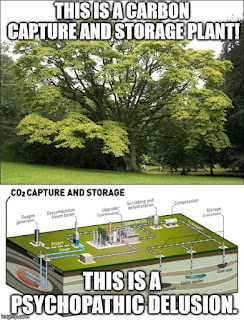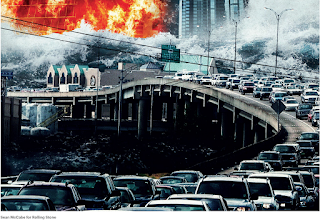" In September 2019, the editor of The Conversation, Misha Ketchell, declared
The Conversation’s editorial team in Australia was henceforth taking
what he called a “zero-tolerance” approach to climate change deniers and
sceptics. Their comments would be blocked and their accounts locked.
In September 2019, the editor of The Conversation, Misha Ketchell, declared
The Conversation’s editorial team in Australia was henceforth taking
what he called a “zero-tolerance” approach to climate change deniers and
sceptics. Their comments would be blocked and their accounts locked.
 In September 2019, the editor of The Conversation, Misha Ketchell, declared
The Conversation’s editorial team in Australia was henceforth taking
what he called a “zero-tolerance” approach to climate change deniers and
sceptics. Their comments would be blocked and their accounts locked.
In September 2019, the editor of The Conversation, Misha Ketchell, declared
The Conversation’s editorial team in Australia was henceforth taking
what he called a “zero-tolerance” approach to climate change deniers and
sceptics. Their comments would be blocked and their accounts locked. His reasons were succinct:
Climate change deniers and those shamelessly peddling pseudoscience and misinformation are perpetuating ideas that will ultimately destroy the planet.From the standpoint of conventional media ethics, it was a dramatic, even shocking, decision. It seemed to violate journalism’s principle of impartiality – that all sides of a story should be told so audiences could make up their own minds.
But in the era of climate change, this conventional approach is out of date. A more analytical approach is called for.
The ABC’s editorial policy on impartiality offers the best analytical approach so far developed in Australia. It states that impartiality requires:
- a balance that follows the weight of evidence
- fair treatment
- open-mindedness
- opportunities over time for principal relevant perspectives on matters of contention to be expressed.
"Twice we have been evacuated from our home. Twice
we have been among the lucky ones to return unhurt and find our home intact.
From this perspective, media acquiescence in climate change denial, failure to follow the weight of evidence, or continued adherence to an out-of-date standard of impartiality looks like culpable irresponsibility."
Read The Conversation article
See also:



No comments:
Post a Comment